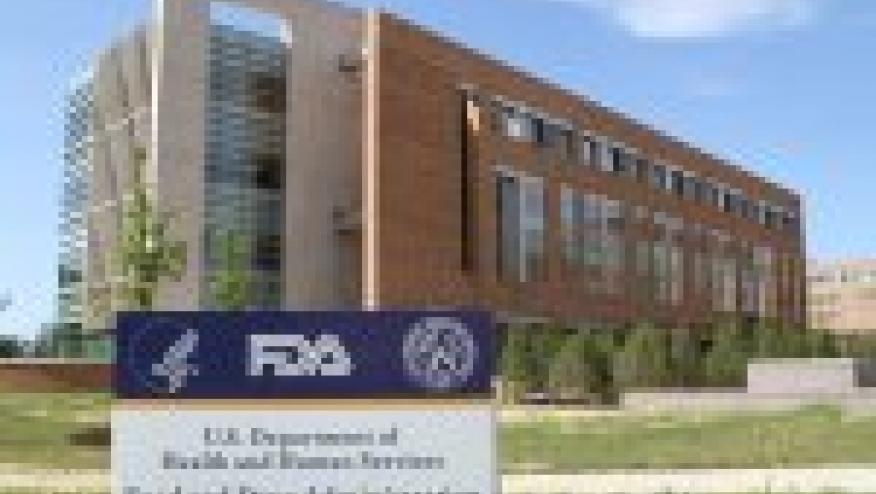Breast Implant Study: More Worries or Not? Save

The Annals of Surgery reports on an anlaysis of FDA-mandated postmarket studies, including nearly 100,000 breast implant pprocedures, that showed silicone implants to be associated with higher rates of Sjögren's syndrome, scleroderma, rheumatoid arthritis, stillbirth, and melanoma. (Citation source: http://bit.ly/2xu76Ua)
Among 99,993 patients they found that 56% of the implants were silicone for primary augmentation. In the short term, rupture rate is higher for saline-filled implants compared to silicone gel-filled implants (2.5% vs. 0.5%), but capsular contracture was higher for silicone (5.0% vs. 2.8%).
Compared with normative population data, silicone implants are associated with higher rates of Sjögren's syndrome (Standardized incidence ratio [SIR] = 8.14), scleroderma (SIR 7.00), rheumatoid arthritis (SIR 5.96), stillbirth (SIR 4.50), and melanoma (SIR 3.71).
While this is the largest study of breast implant outcomes, the risk of certain autoimmune (unsubstantiated) diagnoses were rare.
The FDA provided an editorial response noting to "significant shortcomings" with the study's methodology, inconsistencies in the data and potential sources of bias.
The issue of autoimmune consequences to augmentation mammoplasty dates back to controversies seen in the U.S. market in 1992, leading to a moratorium on silicone implants.
In 2006, the FDA lifted the 14-year moratorium but required each manufacturer (J&J's Mentor, and Allergan) to invest in large post-approval studies to further characterize the safety and outcomes of their breast implants.
The authors call for more data and better methodologies to study this issue.










If you are a health practitioner, you may Login/Register to comment.
Due to the nature of these comment forums, only health practitioners are allowed to comment at this time.